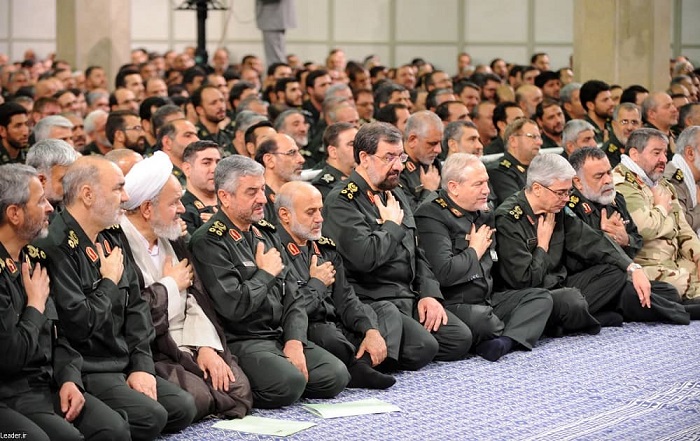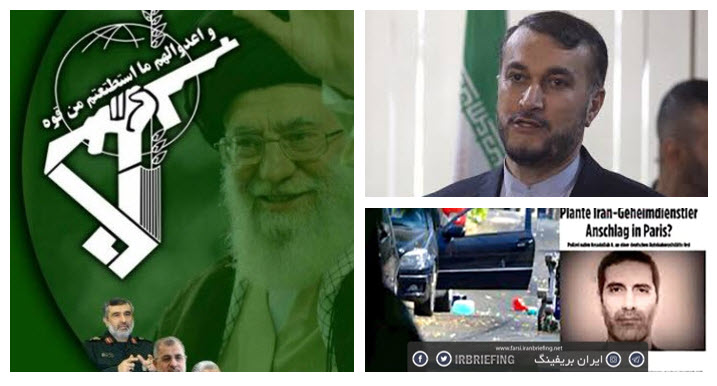
MEPs overwhelmingly supported that designation a day earlier, with only nine votes against it 598. Following multiple appeals from European Union member states such as Germany, European Commission President Ursula von der Leyen also expressed explicit support for sanctioning and prohibiting the IRGC as a terrorist organization.
On Monday, the EU is set to impose a new round of sanctions, the fourth since nationwide protests against the clerical regime erupted across Iran in mid-September. According to the People’s Mojahedin of Iran (PMOI/MEK), Tehran has brutally suppressed the protests, killing over 750 people, including at least 70 children.

This is consistent with previous reports, including one from November 2019, in which approximately 1,500 protesters were killed in mass shooting incidents across the country. This earlier crackdown came about six months after the US added the IRGC to its list of foreign terrorist organizations, sparking new discussions about similar proposals in both the European Union and the United Kingdom.
Nonetheless, three years after the November 2019 mass killings and four months into Iran’s latest anti-government uprising, the fate of those proposals remains uncertain. Last week, the British parliament held a debate on the subject, leading to reports of nearly universal support for the IRGC’s terrorist designation. However, no formal announcement or timetable has been made.
#IRGC funds #Terror in #Syria, #Iraq, #Yemen: #1 Iran New release on @Amazon argues to #BlacklistIRGC 2stop #Terror https://t.co/I3JIbiM3na pic.twitter.com/D7tMyAWtFD
— NCRI-U.S. Rep Office (@NCRIUS) March 21, 2017
Following the MEPs’ vote, the situation in the EU is similar. Because Thursday’s resolution is non-binding, it remains to be seen whether the EU’s leadership will take action to outlaw the IRGC and its affiliates throughout the Union. Nonetheless, the resolution and underlying political dialogue have frightened the ruling theocracy, which is dealing with a domestic crisis. The general staff of the regime’s armed forces, which coordinates between the army and the IRGC, provided much of the response on Thursday.

The threats posed by the regime have provided the EU, its member states, and their allies with compelling new reasons to formally recognize the IRGC as a threat to global security and stability. If the intention was more boastful than threatening, the statement clearly shows that Tehran expects the sanctions to effectively cripple its hard-line paramilitary organization.
 MEK Iran (follow us on Twitter and Facebook), Maryam Rajavi’s on her site, Twitter & Facebook, NCRI (Twitter & Facebook), and People’s Mojahedin Organization of Iran – MEK IRAN – YouTub
MEK Iran (follow us on Twitter and Facebook), Maryam Rajavi’s on her site, Twitter & Facebook, NCRI (Twitter & Facebook), and People’s Mojahedin Organization of Iran – MEK IRAN – YouTub







